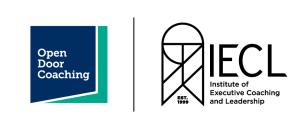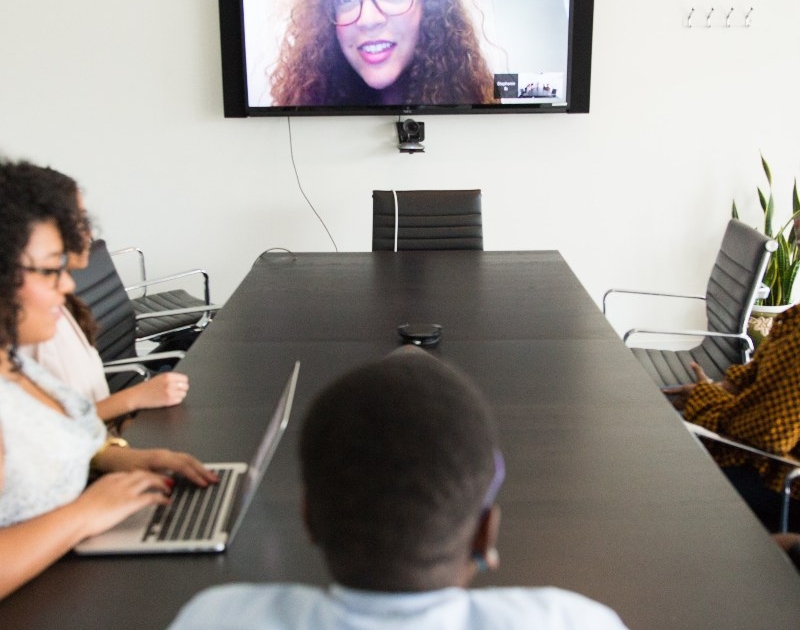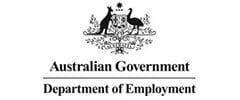In our Coaching Café this week we continue our ‘learning from leaders’ series. We are joined by Heather-Jane Gray, MCC, CEO of Synergy Global to discuss these questions.
At Open Door we are in a privileged position to be working with people who are influencing and championing coaching within organisations. This includes our wide Alumni, newsletter subscribers and blog readers which you are a part of.
Coaching in the post-pandemic world
Heather-Jane has identified 10 trends. She believes that will we see an increase in each of these factors.
1. Automation with digital coaching platforms and integration of technical solutions like Apps. For example, PQ to help with thinking; and NeurozoneTM to help with wellbeing for high performance
2. Systems thinkingand the recognition of executive coaches with strong industry and people leadership experience to help clients think through complex change and sense-making in a VUCA (volatility, uncertainty, complexity, and ambiguity) world
Focus on leaders’ skills
3. Change leadershipacross all levels of the organisation; with a continuing need for ‘Leader as Coach’ programs; transferring and leveraging wisdom for a coaching approach to behavioural and cultural change
4. A focus on leaders ‘soft skills’, for example empathy and communication. This is particularly important because of the need for deeper engagement of workforce, given the high churn rate of Millennials, Generation Z and the future of work with artificial intelligence
Return on investment is critical
5. A stronger emphasis on cost effective coaching for high performance; with ability to show added value and return on investment, using a range of evidenced-based tools; including clear quantitative and qualitative metrics
How will coaching change?
6. The need for coaching to promote creativity for innovation, along with fun gamification. For example, a strong ability to realistically role-play for client’s experiential learning and practice
7. Specialisation or niches marketed via social media; including more client-focused flexibility in a range of global time zones; for example, on-demand services like coaching and mediation lines
8. Focus on coaching virtual teams – making calls more effective; leading dispersed teams; managing with less workforce numbers than you ideally want and working smarter
9. The use and understanding of Reflective Practice (RP) with people re-designing their careers with more life balance around their ‘purpose’ to increase joy (for example, thriving with ikigai.com)
Focus on wellbeing, climate change and sustainability
- Wellbeing Coaching for greater physical and mental health, including resilience and adaptability for climate change and sustainability (for example The Climate Coaching Alliance – CCA ANZ)
Reference: Gray, Heather-Jane (2021), Future Trends in Coaching, www.synergy-global.com VIC, AUS
Importantly, coaches need to focus on their professional development. Without a doubt, equipping themselves with the coaching tools needed to respond to these trends in coaching. For example, tools found in Open Door’s Certificate IV in Workplace and Business Coaching (10834NAT). And when it comes to coaching culture, the Diploma of Organisational Coaching (10835NAT).




































